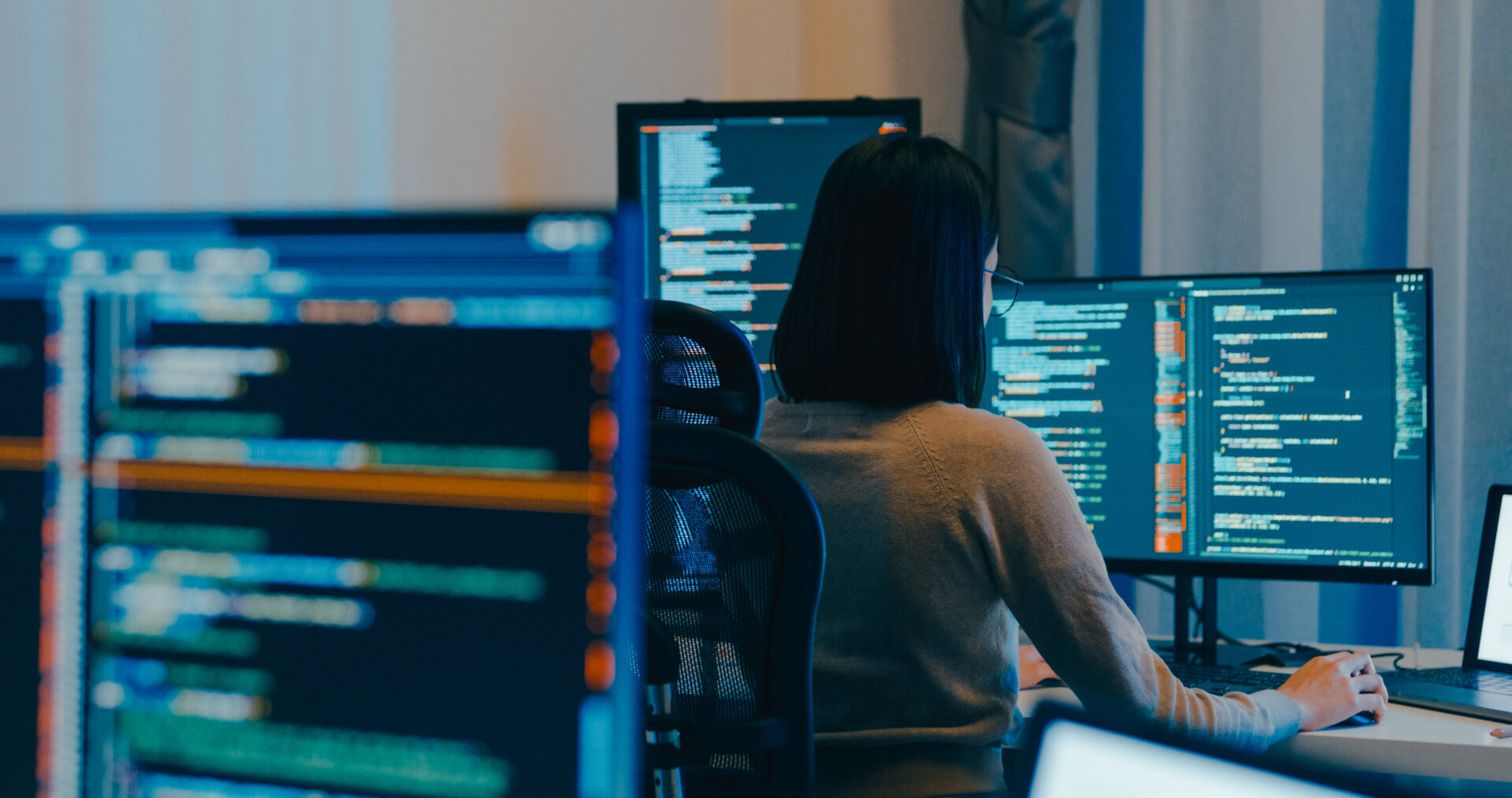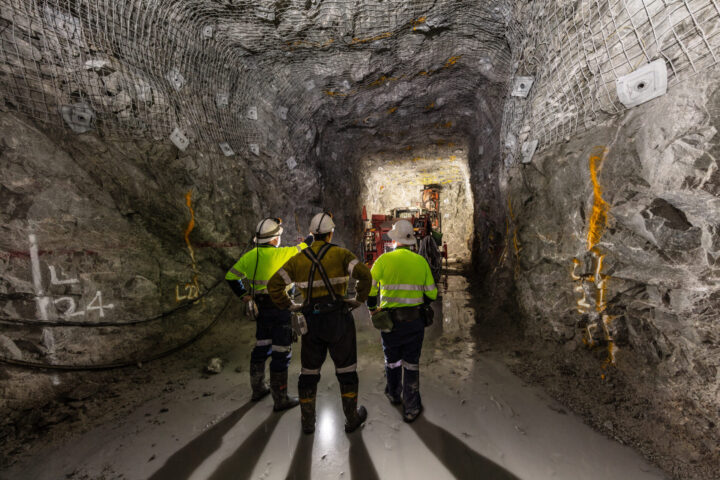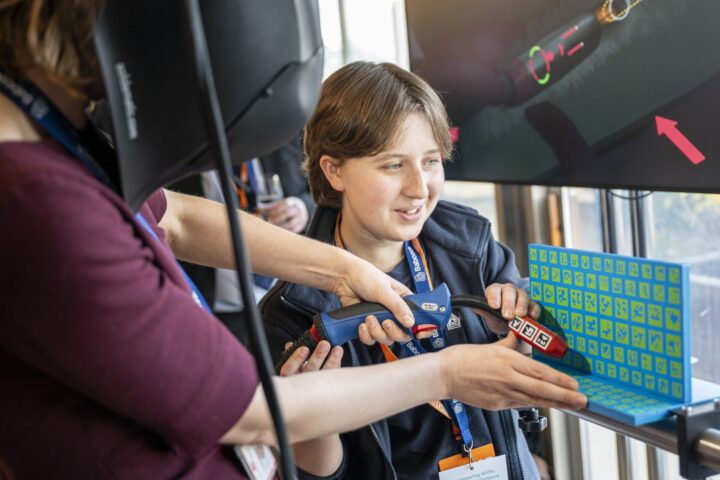The TUC has launched a new “worker first” strategy on artificial intelligence (AI), urging the Government to ensure that employees and trade unions are central to how AI is developed and deployed in the workplace.
The move comes as new polling by Survation revealed that over half of the public (51%) were concerned about the impact of AI on their jobs, with fears about job losses and changes to terms and conditions the most commonly cited worries.
Concern was highest among younger workers, with 62% of those aged 25 to 34 saying they are worried about the effects of AI.
The research also revealed strong support for worker involvement in shaping AI policy.
Half of the public (50%) believed workers and unions should have an equal say with business on how AI is used, with support cutting across the political spectrum.
The TUC’s plan calls for conditions to be attached to public investment in AI, ensuring that funding supports workers rather than replacing them, and that employees benefit from productivity gains through improved pay, training, and collective bargaining.
The strategy also demands stronger protections against AI harms at work, including implementation of the TUC’s model AI Bill, and a more robust social security and skills system to support workers in transition.
Kate Bell, assistant general secretary of the TUC, said: “AI could have transformative potential – and if developed properly, workers can benefit from the productivity gains this technology may bring.
“But for this to happen workers must be placed at the heart of AI innovation.
“The alternative is bleak. Left unmanaged and in the wrong hands, the AI revolution could entrench rampant inequality as jobs are degraded or displaced, and shareholders get richer.
“We cannot let that happen. Unmanaged disruption is not inevitable or acceptable.”

















